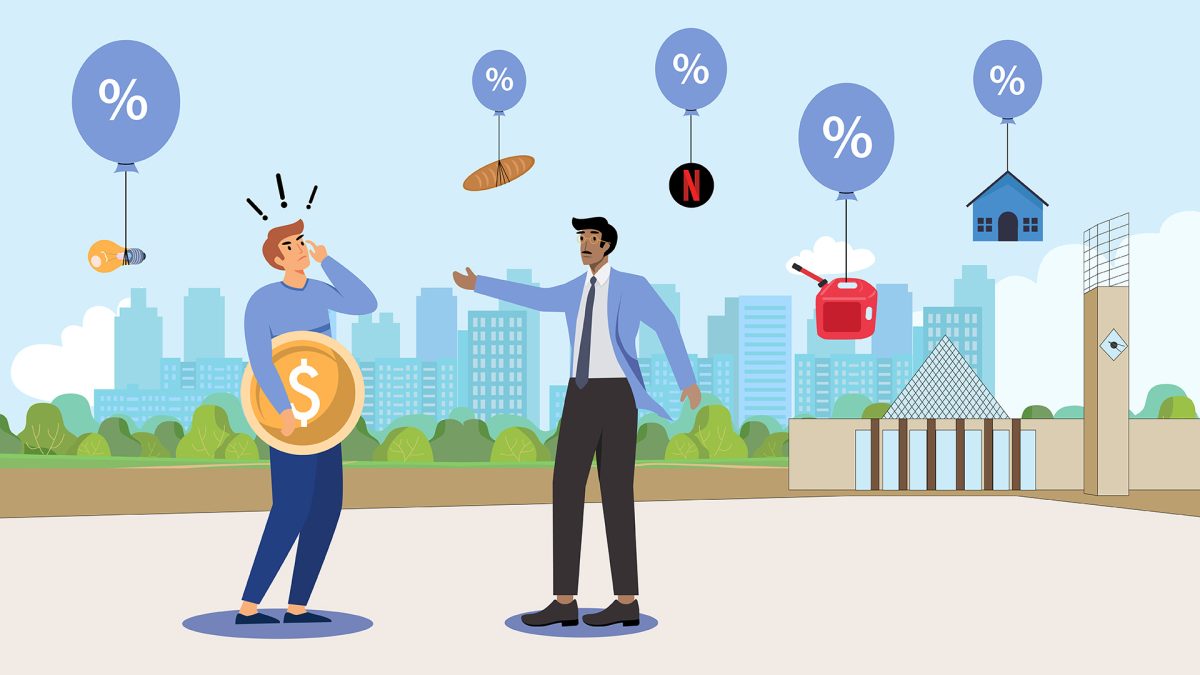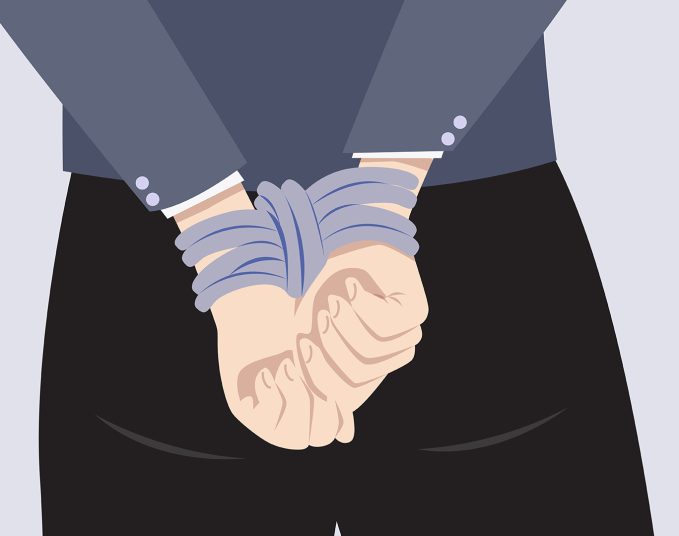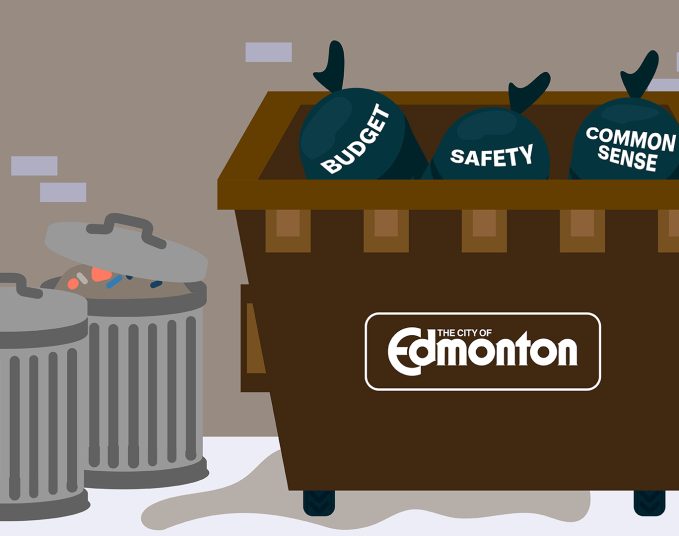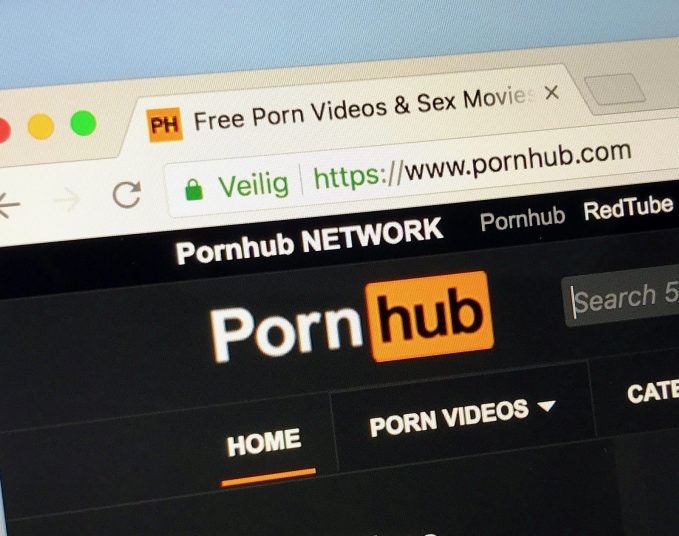There’s longstanding wisdom in politics that, in terms of public opinion, it’s easier for a leader or party to waste $500 million than it is to misplace $100.
Upgrade your hotel room at a conference? Well, Mr. or Mrs. Politician, you will feel the wrath of the electorate. Did your department really spend $500 on Uber rides? Shame.
The public gnashes its teeth because these are the kind of expenditures we can understand. We can wrap our heads around these numbers. Unless our last name is “Bezos” or “Katz” we can’t understand $500 million.
It’s just too much to fathom.
So, being taxed an extra $66 per year for every $100,000 of a home’s assessed value is the very kind of thing that pisses people off. According to the City, that’s how the 8.9 per cent tax hike for 2024, approved by council on Tuesday, is going to break down.
That’s 0.2 per cent more than the amount floated by administration. In its presentation to council, based on an 8.7 per cent property tax increase, the estimated cost of taxes to the average Edmonton household was set at $8.96 per day.
Again, these are figures we can comprehend. At about nine bucks a day, we can compare that to our daily coffee intake or what we ate for lunch.
And it’s numbers like these which remain in the heads of voters as we go towards the next election. And, in this political climate, where inflation and the skyrocketing cost of living have made people angry, a tax hike, no matter the circumstances, is like throwing a few very dry logs onto an already raging bonfire.
Council was told that of the 8.9 per cent hike, 5.1 was gobbled up by inflationary pressures. That is, the City’s buying power has been impacted — fuel costs are up, maintenance costs are up, and the biggest chunk of the tax hike is going to keeping the lights on at City Hall, to keep garbage pick-up where it’s at, and to make sure the grass gets cut now and then.
And then, another 1.6 per cent to the police.
So, what’s left? Another $7.8 million is needed this year, and $27.6 million on an ongoing, annual basis, to account for wage increases for the members of CSU 52, the 5,000 or so library and City staffers who were less than 24 hours away from striking a little more than a month ago.
This is where we can take issue. Council and administration knew that CSU 52 was out of contract since 2020, and knew that it was crunch time when it came to negotiations. They should have known that more money needed to be spent on labour, and to not have planned for that is a dereliction of duty. Likewise, a new contract has to be negotiated with CUPE 30 — and plans need to be made for further wage impacts.
With so much of the tax increase being tied to inflation, policing and labour — council’s hands were tied, unless the mayor and 12 councillors wanted to tear up the budget and start over.
Because the municipal reserves have been tapped to the point where they are well below the required level, it will take three years, and probably a tax increase of a little more than one per cent, to get them back to where they need to be.
We are in a causality loop that we’re seeing in cities across Canada. Cities have limited power to raise funds, yet are growing beyond their means. We are building infrastructure — which will need to be maintained — while we can’t afford to fix the infrastructure we already have. Every park we add means more grass has to be cut. Sooner or later, the ice plants in the rinks fail. The buses and garbage trucks need to be fixed and, eventually, replaced.
What does this mean for this year, and beyond? Council has to recognize that the popularity tide has turned against it. Blaming other levels of government, such as the province’s cutback of payments in lieu of property taxes, are not going to generate the political sympathy that Mayor Amarjeet Sohi and his council may hope to see.
The thing is, $66 for every $100,000 can be sold as a modest increase by a decent spin doctor. As in, 8.9 per cent sounds bad, but, really it isn’t. And, if we had a patient electorate, a spin doctor might be able to get away with it.
But Edmontonians are far from patient right now. For a lot of us, we’ve grown exhausted of being told that the series of price increases we’re facing is “just pennies a day” or “just dollars a day.” A clamshell of strawberries costs a buck more, but heck, it’s just a buck. Our Internet bill goes up by a couple of bucks. The power bill goes up. Gas is a few more cents a litre. It’s death by a thousand cuts.
Inflation may be easing, but it’s not like prices are going down. We have economic experts telling us that things will get better, but that just means we have to adjust to the new normal.
We’re all making hard decisions. For each one of those little price and tax increases, we cut down on restaurant visits, or going out to shows. We decide that Netflix is easier and cheaper than attending the Fringe or a night out at the Citadel. So, each tax increase, each price increase, has a ripple effect. As the hub for nightlife and entertainment, every bit of disposable income we lose hurts downtown more than any other part of Edmonton.
Selfishly, my job, like most in the media, depends on the ability of people to have disposable income that they spend. Magazines, subscriptions and the like are some of the things that end up on the chopping block when families need to spend more on taxes, groceries and putting gas in the vehicle.
When we lose spending power, we get angry. This isn’t an Edmonton problem, it’s a Canada problem. It’s the reason that a reactionary leader like Pierre Poilievre is going to win the next federal election in the same way Max Verstappen wins F1 races — it will be over as soon as it’s begun.
So council needs to refrain from the “it’s just pennies a day” tack when it comes to asking Edmontonians to swallow these tax increases. It’s time to stop the spin and be honest; cities across the country are dealing with massive tax hikes and infrastructure gaps. We need to have a wider discussion about cities and how they can be sustained, or else, year after year, we’re going to be seeing mayors and councils budgeting by the seats of their pants.
Savvy AF. Blunt AF. Edmonton AF.




